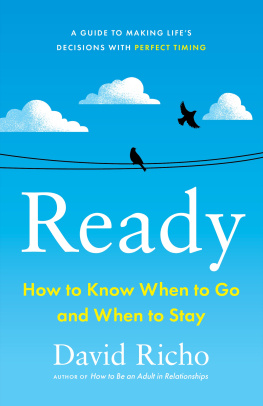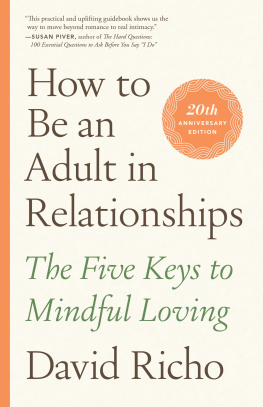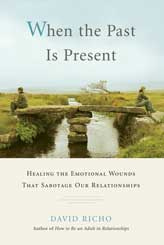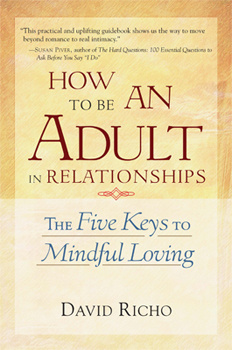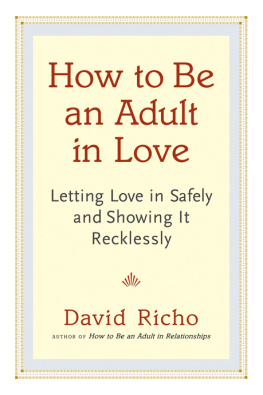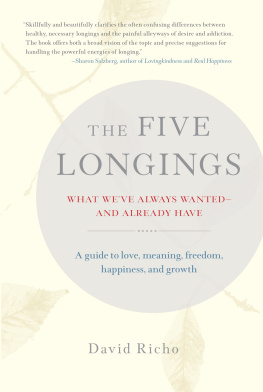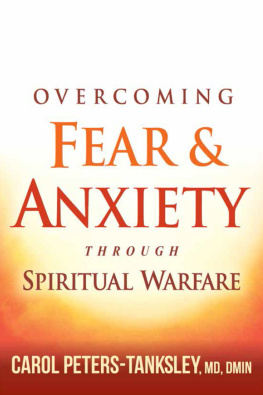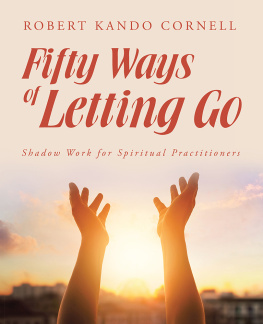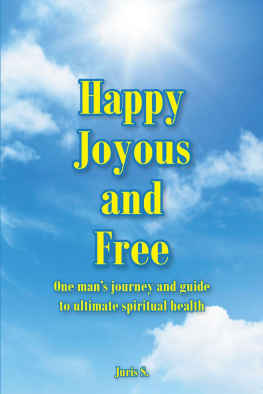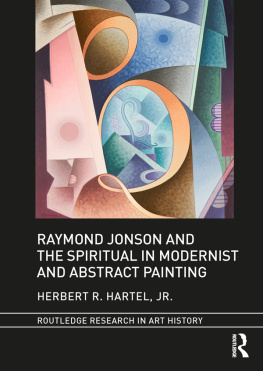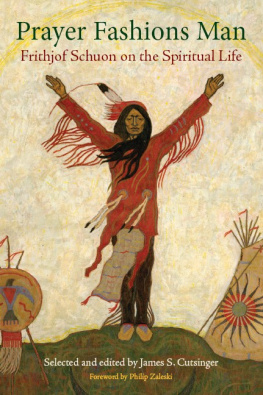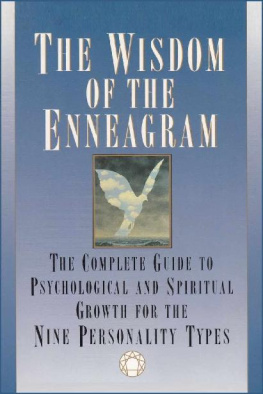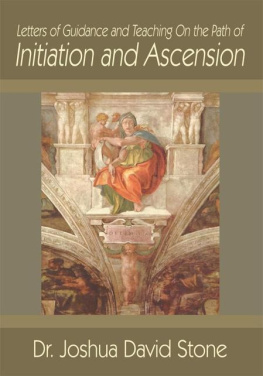HOW TO BE AN ADULT
Psychological and spiritual adulthood does not come automatically with age. It requires ongoing and ardent work on ourselves. It involves articulating our own truth and acting in accord with its challenges.
This book can help you
Understand the origin of a reaction that disturbs you
Ask where it comes from:
If from your shadow side, learn the art of Befriending
If from your ego, learn to let go of control
If from your childhood, learn to grieve and move on
deal with fear
admit you feel fear
feel it fully
act as if you were fearless
deal with issues in relationships
face issues, work on them together and make agreements to improve human ties
understand spiritual shifts in yourself
acknowledge gifts resulting from the steps you have taken
HOW TO BE AN ADULT
A Handbook on Psychological and Spiritual Integration
DAVID RICHO, PH.D.
PAULIST PRESS
NEW YORK/MAHWAH, N.J.
This book was previously published privately as Letting the Light Through.
Copyright 1991 by David Richo
All rights reserved. No part of this book may be reproduced or transmitted in any form or by any means, electronic or mechanical, including photocopying, recording or by any information storage and retrieval system without permission in writing from the Publisher.
The Publisher gratefully acknowledges use of the following: Excerpt from The Poems Of Emily Dickinson, Thomas H. Johnson, ed., Cambridge, Mass.: The Belknap Press of Harvard University Press, Copyright 1951, 1955, 1979, 1983 by the President and Fellows of Harvard College. Reprinted by permission of the publishers and the Trustees of Amherst College.
Library of Congress Cataloging-in-Publication Data
Richo, David, 1940
How to be an adult: a handbook on psychological and spiritual integration / by David Richo,
p. cm.
Includes bibliographical references.
ISBN 978-1-61643-355-0
1. Emotional maturity. 2. Spiritual life. 3. AdulthoodPsychological aspects. I. Title.
BF7I0.13,53 1991
158dc2O
91-4496
CIP
Published by Paulist Press
997 Macarthur Boulevard
Mahwah, New Jersey 07430
www.paulistpress.com
To the Three Graces of my Childhood:
Grandma Angela Maria
Aunt Laura
Aunt Margaret
We have ever more perfect eyes in a world in which there is always more to see.
Teilhard de Chardin
This is a handbook on how to become an adult. You may notice two themes in this book: actualizing a strong adult ego and going beyond it to release the spiritual powers of the Self. This is the Ego/Self Axis of Jungian individuation (see ). It is the heroic journey from ineffective habits through adult responsibility to spiritual consciousness. Full adulthood includes both psychological health and spirituality.
Psychological health lies in the ability to handle ones life and relationships in responsible, joyous, and self-actualizing ways. Spirituality means life-affirming responsiveness to the here-and-now without ego attachments (though organized religion may have presented it to us as disembodied or solely transcendent).
In my years as a clinical psychologist, I have come to the conclusion that emotional and spiritual health is based on unconditional love, and that happy, mature people have somehow picked up the knack of being generous with their sympathies while still taking care of themselves. How To Be an Adult is a brief notebook of observations on that processfrom my professional work and from my personal lifewhich I confide to you.
This book is written in a highly condensed way. I recommend reading it a little at a time, using single sentences or quotations meditatively. Not to rush through but simply to be with these ideas may prove helpful as you explore the angles and corners of your personal story.
Couples may enjoy reading some sections aloud and then discussing reactions.
Clients may find this book a checklist of areas to work on in their therapy.
There are ghosts asleep inside every one of us: arcane issues never addressed, ancient griefs never laid to rest, suspicions, self-doubts, banished longings, secret meanings. Something in this book may call one of these ghosts by name. It will then arise from its slumber and begin speaking. This will take the form of a sudden insight, a connection never before acknowledged, a feeling that ignites an inner chain reaction, a joyful click as things finally fall into place. You are hearing the vote of a part of yourself long ago disenfranchised. When this happens, put the book aside and listen in rapture to the irrepressible Yea.
This music crept by me upon the waters.
The Tempest
When you are no longer compelled by desire or fear when you have seen the radiance of eternity in all the forms of time When you follow your bliss doors will open where you would not have thought there were doors and the world will step in and help.
Saint Simeon the Younger said, I saw Him in my house. Among all those everyday things He appeared unexpectedly and became utterly united and merged with me, and leaped over to me without anything in between, as fire to iron, as the light to glass. And He made me like fire and like light. And I became that which I saw before and beheld from afar. I do not know how to relate this miracle to you. I am man by nature, and God by grace. The twothe hero and his ultimate god, the seeker and the foundare thus understood as the outside and inside of a single, self-mirrored mystery, which is identical with the mystery of the manifest world. The great deed of the supreme hero is to come to the knowledge of this unity in multiplicity and then to make it known.
Joseph Campbell
The Ego and Psychological Work
The center of our conscious life is called ego. It has two concurrent characteristics:
It is functional in that it is the strong grounded activating principle by which we make intellectual assessments and judgments, show feelings appropriately, and relate skillfully to other people.
It can also be neurotic when it becomes attached, addicted, dualistic, and judgmental. It then panics, controls, expects, dramatizes feelings, and believes itself entitled to special treatment. Such deception gives the neurotic ego power to keep us stuck. Psychological health means living more and more from a functional ego stance while freeing and transforming the energies of the neurotic ego through psychological work.
There are many forms of psychological work: assertiveness, processing experiences, mourning, bodywork, behavioral repertories of change, building self-esteem, catharsis of feelings, dream work, restructuring ones daily life, etc. This work leads to insight and to change when we are ready for it. We can trust that we will see only what we are truly ready to face. A loving balance between psyche and circumstances lets us know our work only when we have the power to do it!
The Self and Spiritual Work
The center of our entire psyche (both conscious and unconscious) is the Self. It is our inner archetypal wholeness that creates a constant balance between the opposing forces of ego. For instance, it is the Self that finally reconciles effort and effortlessness, injury and forgiveness, control and surrender, conflict with others and acceptance of them, awareness of defects and unconditional love. The Self does this because it is pure unconditionality, which is all-inclusive love.
Spiritual work means incarnating and displaying in our personality and in our behavior the unconditional love that lives so indestructibly in us and is charged with such zeal to become visible.
Next page

